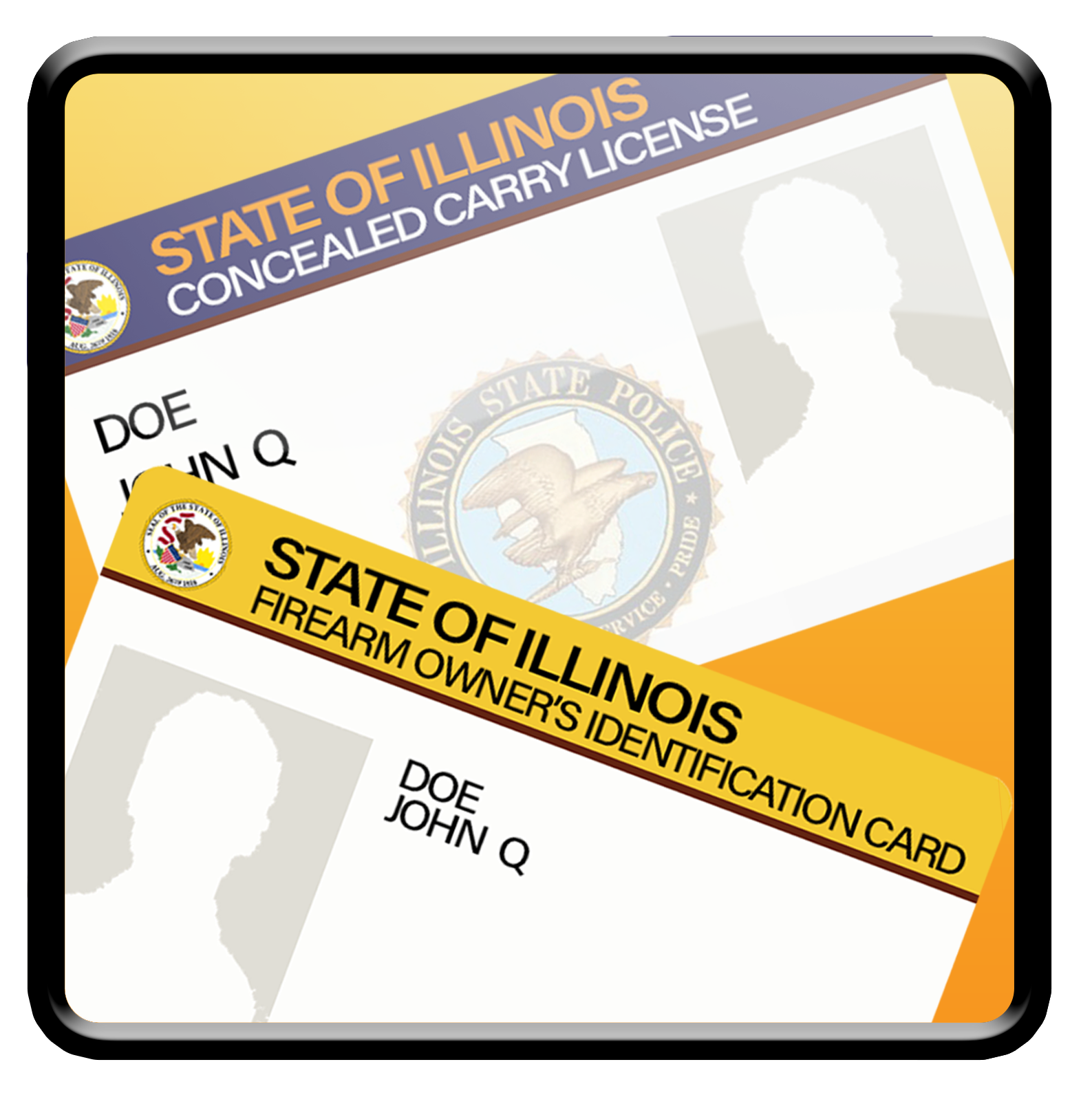Illinois State Police Medicaid Fraud Control Bureau Nets Two More Convictions
Release Date: 10/25/2016 8:20:00 AM
Illinois State Police Medicaid Fraud Control Bureau Nets Two More Convictions
Drug Diversion Investigations Lead to Arrest and Conviction of Two Nurses for Unlawful Possession of Controlled Substance
Springfield, IL – The Illinois State Police (ISP) announce the sentencing of two nurses who were convicted of Unlawful Possession of a Controlled Substance. The convictions are a culmination of two separate drug diversion investigations conducted by the ISP Medicaid Fraud Control Bureau (MFCB).
On October 6, 2016, Jessica Marberry, age 37 of Chillicothe, pled guilty to one count of Unlawful Possession of a Controlled Substance, a Class 4 felony, in Tazewell County. On February 2, 2016, the ISP MFCB received a complaint from the Illinois Department of Financial and Professional Regulation regarding an alleged drug diversion at the Pekin, Illinois, Hospital. The ISP MFCB conducted an investigation and determined Marberry unlawfully obtained hydromorphone while working as an Emergency Room nurse. Hydromorphone is a Schedule II opioid analgesic drug prescribed for the relief of moderate to severe pain. Marberry diverted the hydromorphone for her own personal use.
On October 17, 2016, Trisha Cleveland, age 38 of Caseyville, pled guilty to one count of Unlawful Possession of a Controlled Substance, a Class 4 Felony, in St. Clair County. On April 20, 2016, the MFCB was contacted by staff at Four Fountains Convalescence, in Belleville, Illinois, regarding allegations Cleveland diverted hydrocodone. The investigation revealed Cleveland falsely reported requests by residents for their prescribed “as needed” hydrocodone. The residents never requested the medication. Cleveland was diverting the hydrocodone for her own personal use.
According to the Drug Enforcement Administration, hydrocodone, a Schedule II narcotic, is the most frequently prescribed opioid in the United States and is associated with more drug abuse and diversion than any other legal or illegal opioid. It is a medication most frequently prescribed for the treatment of moderate to moderately severe pain. Its analgesic potency is similar to morphine.
“Today’s society is experiencing an alarming epidemic of opioid and prescription drug abuse,” stated ISP Director Leo Schmitz. “This affects all facets of society including the addicted, their family, and the patients to whom the medication is prescribed. The Illinois State Police remains diligent and thoroughly investigates cases of drug diversion and trafficking."
In June 2016, the U.S. Department of Health and Human Services reported more people died from drug overdoses in 2014 than in any year on record, and the majority of drug overdose deaths (more than six out of ten) involved an opioid. Since 1999, the rate of overdose deaths involving opioids, including prescription opioid pain relievers and heroin, nearly quadrupled, and over 165,000 people have died from prescription opioid overdose.
According to the Center for Disease Control and Prevention, in 2014, more than 14,000 people died from overdoses involving prescription opioids. There were approximately one and a half times more drug overdose deaths in the United States than deaths from motor vehicle crashes. The most common drugs involved in prescription opioid overdose deaths include methadone, oxycodone, and hydrocodone.
"It's our mission to combat fraud, neglect, and abuse within the Medicaid Provider arena," stated ISP MFCB Captain Brian Ley. "We see the entire spectrum of this mission when investigating drug diversion cases, and it's troubling to witness healthcare professionals like these two nurses tarnish the medical profession.”
Captain Ley serves as a member of Governor Rauner's Health Care Fraud Elimination Task Force which was created in April 2016 to look strategically and comprehensively into fraud, waste and abuse in taxpayer-funded health care systems to ensure Illinois' most vulnerable populations receive the care they need.
Investigators from the MFCB routinely provide presentations to Administrators and Director(s) of Nursing (DON) at long term care facilities where drug diversion cases can be prevalent. These presentations give the DONs tips on how to properly secure, account for, and monitor those who have access to the variety of narcotics utilized daily at any given facility.
When the investigations were completed, both cases were referred to the Attorney General’s Medicaid Fraud Bureau for prosecution. Marberry and Cleveland were both sentenced to two years of Felony Probation and 30 hours of community service.


Contact Info:
- Contact: Media Relations (Media Inquiries Only)
- Phone: (217) 782-6637
- Tdd: (800) 255-3323
- E-mail:























